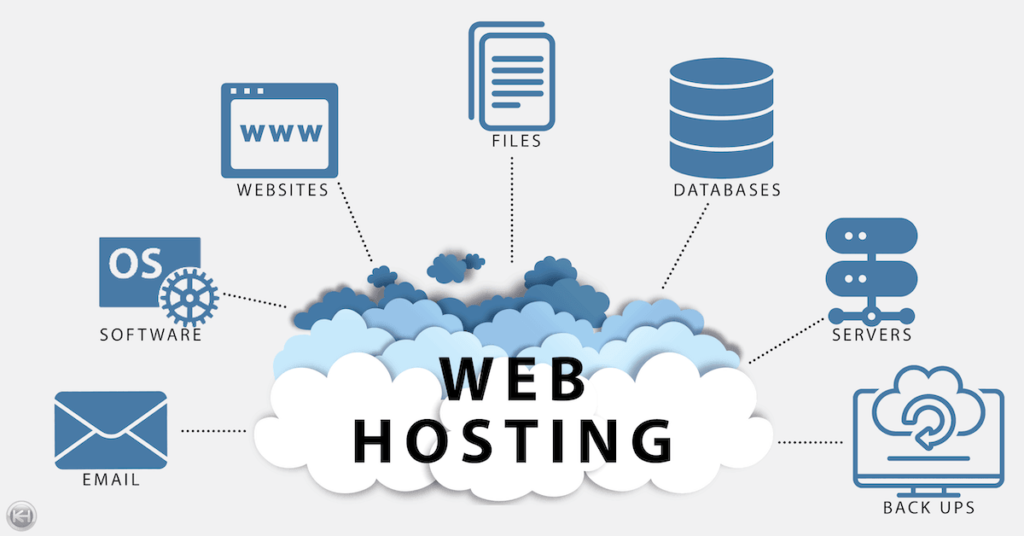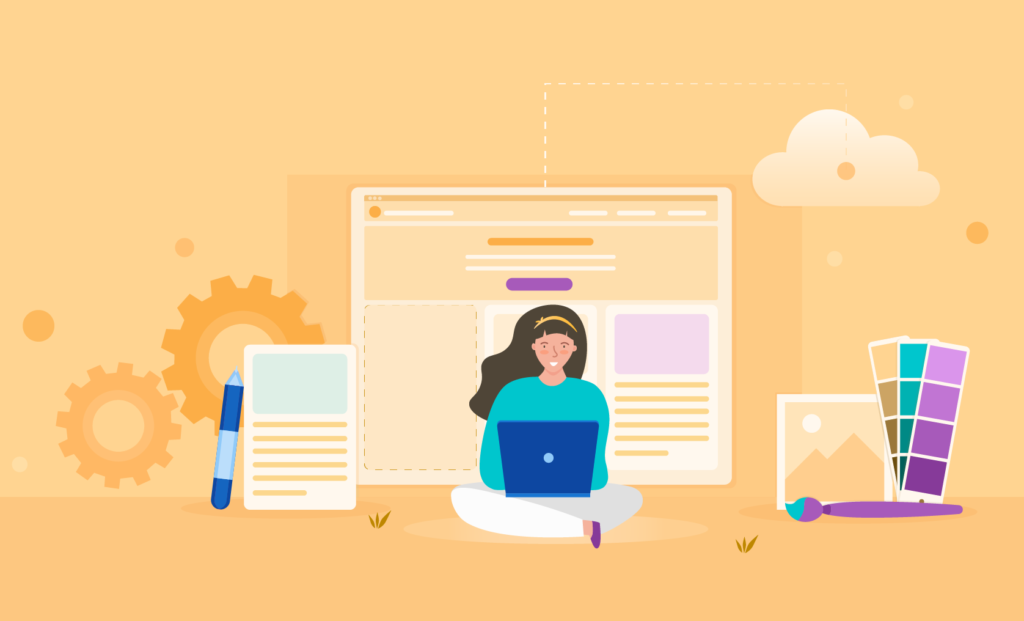Building and owning a website is more than the content you’re trying to push or the business you’re trying to advertise. There’re many factors that go into the management and housekeeping that we will take a look at today. Let’s begin!

Whether you are just starting to create your website, or it’s been around for a while, the design matters! The user experience is probably the most important thing to consider while designing. Pay attention to traffic analytics and adjust your website as needed to be both unique and easy to use. Avoid bogging your site down with extra pop-ups, interruptions, and distractions from the main focus. Create clear and simple call to actions, write headlines and page titles in a way that grabs the user’s attention, and avoid adding hassle to your site visitor’s experience by installing autofill plugins when needed. Lastly, keep your website up to date and evolving with fresh visuals and new content.

Now that you have your website designed, you can sit back and forget about it. Well, not really… the maintenance and monitoring of your site matters, too! Make a habit of frequently backing up your site in case errors or issues occur. This will save you a lot of time in the long run. How frequently you add new content will decide how frequently you save backups. Continuously monitor your website in case of crashes, or better yet, get a hosting company that will do it for you. Frequently test it on multiple different browsers to eliminate design and accessibility issues. Check analytics often to monitor the previously mentioned user experience and ensure that it’s running smoothly. Finally, do regular site, theme, and plugin updates, and avoid using page add-ons that don’t update regularly. This is especially important for security and website safety.

Now that your website is operational and maintained, you can focus on building traffic flow. Also attached to the user experience is your site’s loading time. Make sure your plugins and site content are optimized to keep user on the page. Use relevant keywords on posts, uploads, and pages to build traction in the internet’s ever-changing algorithm. Additionally, add links to posts that build a spider web of connections to your other content and related posts that further push your website out to new users.

Next, you need your website to be hosted. While some may look for the cheapest hosting you can get, this isn’t something to skimp out on. Basic hosting may only get you the basics, but things like server updates, site security, 24/7 tech support, and domain registration might not be included. It’s important to do your research and find the most management your budget can afford. You may also need to pay someone to manage your website for you if you are not familiar with the more “techy” side of websites. Look into buying protection and security for your site if your hosting doesn’t offer it. This protects you and the users on your website in case of attacks. Also monitor your plugins for updates and safety as you add them.
Finally…

Websites are an important and crucial part of engaging with followers, customers, and clients. In order to give them the best experience, do your research and build a site that works for everyone!